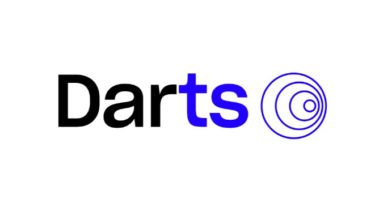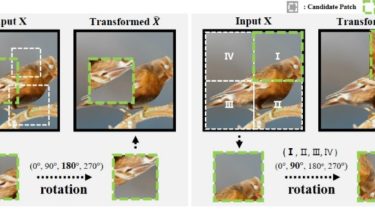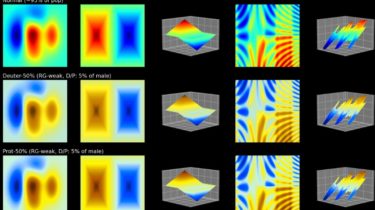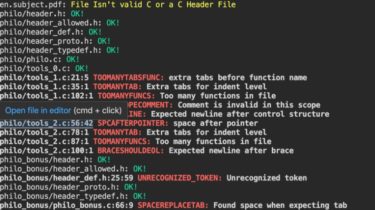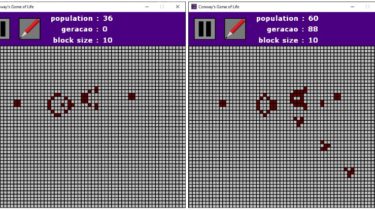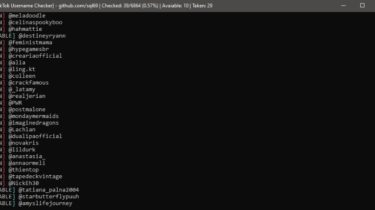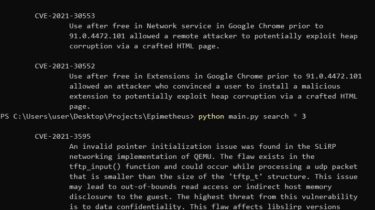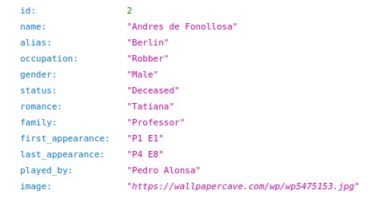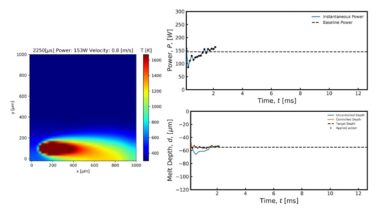A Python library for easy manipulation and forecasting of time series
darts darts is a Python library for easy manipulation and forecasting of time series. It contains a variety of models, from classics such as ARIMA to deep neural networks. The models can all be used in the same way, using fit() and predict() functions, similar to scikit-learn. The library also makes it easy to backtest models, and combine the predictions of several models and external regressors. Darts supports both univariate and multivariate time series and models, and the neural networks […]
Read more